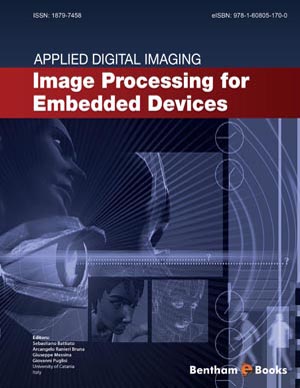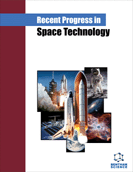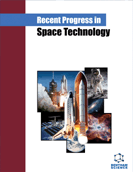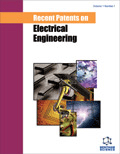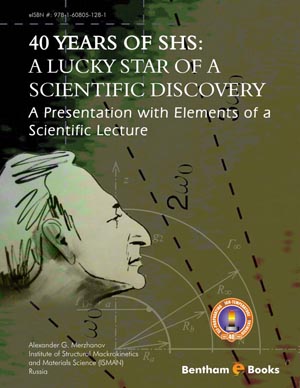Abstract
To make a high quality video with a hand-held camera is a very difficult task. The unwanted movements of our hands typically blur and introduce disturbing jerkiness in the recorded video. Moreover this problem is amplified when a zoom lens or a digital zoom is used. To solve this problem many video stabilization techniques have been developed. Optical based approaches measure camera shake and control the jitter acting on lens or on the CCD/CMOS sensor. On the other hand digital video stabilization techniques make use only of information drawn from images and do not need any additional hardware tools. This Chapter describes the algorithms typically involved in the video stabilization pipeline (motion estimation, unwanted movement detection, frame warping) highlighting their issues and weak points.
About this chapter
Cite this chapter as:
T. Meccio, G. Puglisi, G. Spampinato ;Video Stabilization, Image Processing for Embedded Devices (2010) 1: 217. https://doi.org/10.2174/978160805170011001010217
| DOI https://doi.org/10.2174/978160805170011001010217 |
Print ISSN 1879-7458 |
| Publisher Name Bentham Science Publisher |


